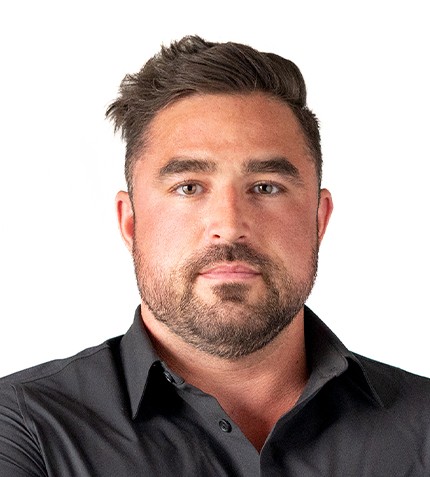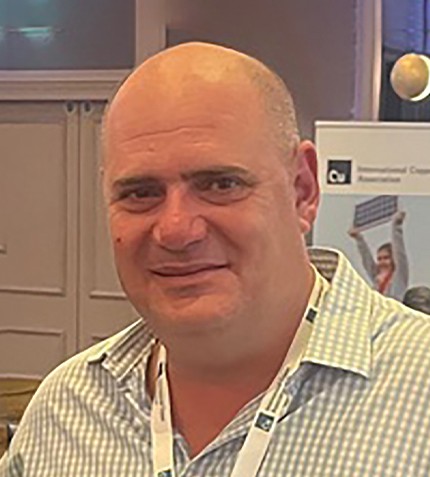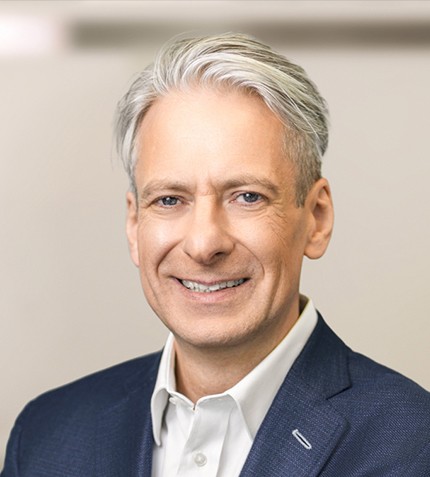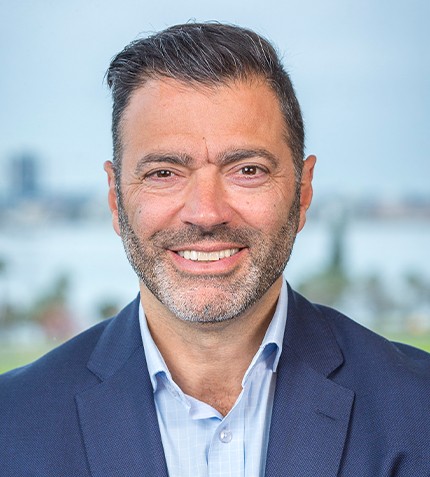
"After the pandemic, India has become one of the most recognized medical suppliers to the world as the country has shown that it can supply to ever increasing demands."
Rajendra Shah & Janki Shah
DIRECTOR (RS) AND DIRECTOR (JS), MERCURY LABORATORIES
How has Mercury Laboratories grown into the company it is today?
RS: Mercury Laboratories started in 1962 as a small company providing medicines to government agencies. In 1993, the company shifted its focus to mother and child healthcare. For the past six decades, we have been at the forefront of formulating, developing, marketing and distributing safe, innovative, and cost-effective pharmaceutical products. Our main product lines include antihypertensive drugs, medicines for PCOS and uterine disorders,haemostats, iron and vitamins, pain management drugs, preterm labor management medications, and antiemetic drugs. Blood loss during labor is a global issue, and we have developed various products for the treatment of postpartum hemorrhage.
We have two state of the art manufacturing facilities that are designed, equipped and operated to deliver high quality products within defined cost and delivery schedules. These manufacturing facilities have flexibility to operate in various dosage forms and a wide range of batch sizes. We have built a third manufacturing plant and are working on two new technologies – prefilled syringes and parenterals – that we want to bring to market in the near future. We are also working on sustained release formulations for patient convenience.
What geographies does Mercury export to?
RS: We have approximately 400 medical representatives across India to serve the domestic market, and our facilities are WHO GMP and EU GMP compliant as we export to Philippines, Myanmar, Sri Lanka, Vietnam, and Cambodia in East Asia; the DRC, Ghana, Nigeria, Mozambique, Zambia, Kenya, lvory Coast, Mauritania, Burundi, and Togo in Africa; Guatemala, Costa Rica, Colombia, Peru, and Ecuador in Latin America; as well as to the UK, USA nutraceuticals market, Moldova, and Jamaica. Our third line of revenue comes from still supplying the Indian government hospitals with medicines.
How is India’s government working to overcome logistical challenges towards ensuring access to healthcare?
RS: Logistics is a major challenge in India, as transport from one side of the country to the other can take a long time. To mitigate this challenge, Mercury established depots with available stock across India, and from these depots it takes between 24-48 hours to get medicines to patients. On a national level, the Indian government is currently investing into ensuring good quality and affordable healthcare is more accessible to the entire population. The Ayushman Bharat scheme is a public health insurance fund program supported by the Indian government to provide healthcare to millions of people that cannot otherwise afford it, entailing the creation of 150,000 government supported “health and wellness centers” that feature a wide variety of healthcare services. The Indian government is simultaneously investing in telemedicine services to help alleviate some of the dire shortages that rural areas in the country are facing, and is subsidizing private industry to make medicines more affordable.
What are Mercury’s plans for its new manufacturing plant?
JS: Most companies have a vision and a goal to achieve sustainable growth and contribute towards country’s economy by following green initiatives. There is also a requirement of time to meet increasing demands from domestic and export markets. To reach our destination it is time for us to invest and grow in Small Volume Parenteral. Instead of expanding our current facilities, we decided to manufacture an altogether new manufacturing facility as per the latest regulated market requirements and guidelines, which can comply to the stringent norms of cGMP. We are focusing to enter in regulated markets as soon as we can with our range of ampoules, vials, eye/ear drops and pre-filled syringes. With this new set up we are focusing on untapped markets along with expansion in existing markets offering high quality products and supply ability.
Do you have a final message for our international audience?
RS: India is coming up very well as a pharmaceutical industry that can provide new molecules, quality products, and innovative technologies at competitive prices globally. The country has great manufacturing facilities as well as talent to support these facilities to continue to grow its pharmaceutical sector. After the pandemic, India has become one of the most recognized medical suppliers to the world as the country has shown that it can supply to ever increasing demands.










